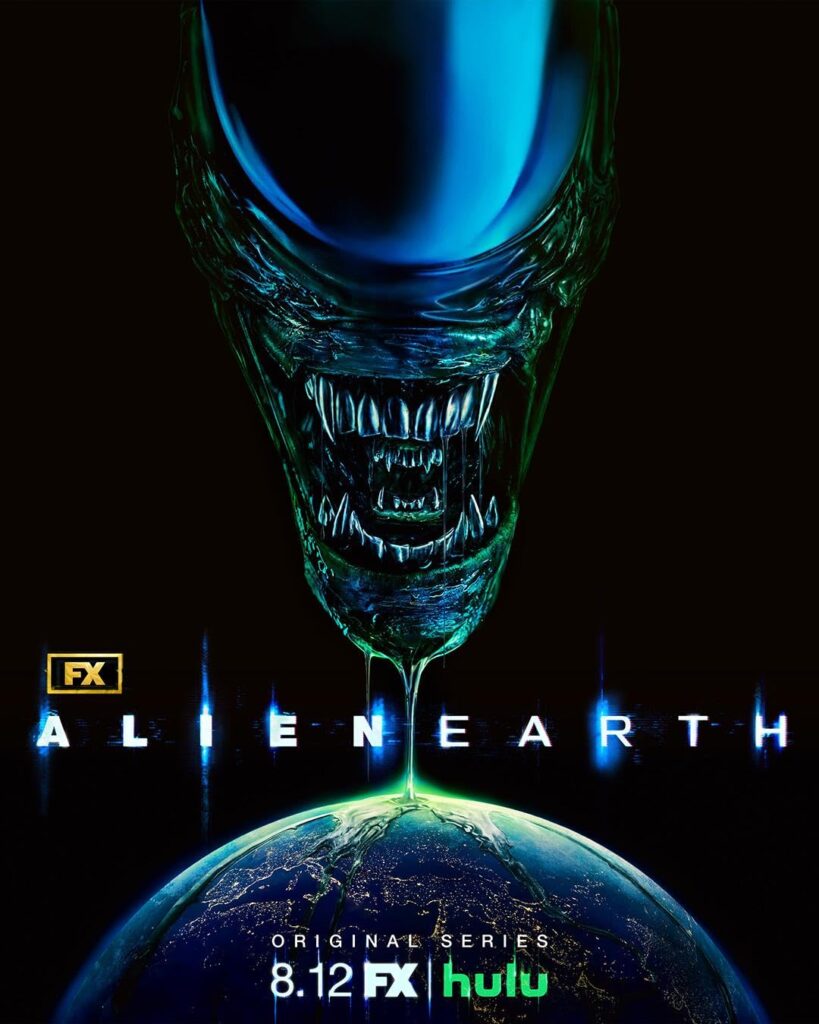
For forty-six years, the Alien saga has kept its monsters far from us – lost in deep space, buried on distant moons, lurking in the corridors of dying ships. But this time, the nightmare has made it home.
In Alien: Earth, the sky is no longer a barrier. The year is near, the technology is dangerous, and the line between machine and man is vanishing. When the starship USCSS Maginot falls from orbit and crashes into the planet’s surface, it doesn’t just bring wreckage – it brings something alive. Something that should never have been found.
At the heart of the story is Wendy (Sydney Chandler), neither human nor synthetic, a hybrid caught between two worlds. Around her, humanity’s arrogance unfolds: corporations chasing godhood through biotech, scientists resurrecting nightmares for profit, and soldiers fighting a war they can’t possibly win.
And through it all, the question grows louder – what does it mean to be human when the thing you fear most looks like evolution itself?
Noah Hawley, known for Fargo’s moral poetry and Legion’s surrealism, directs his gaze toward Alien’s universe with both reverence and rebellion. His Earth is grey, overcrowded, and quietly dying – a world that no longer needs space to feel alien.
The first episode opens with wreckage scattered across a rain-drenched city. Sirens echo. A survivor crawls from the debris. Something drips beside her — not water. From there, the show unfolds like a fever dream: part thriller, part elegy, all dread.
Hawley’s Earth isn’t a place of hope. It’s a corporate machine that’s learned to breathe. Biotech companies splice genes and sell them like software. The wealthy live behind walls. The poor are the experiments. Into this world crashes the Maginot – and what it carries inside begins to rewrite the rules of life itself.
Visually, it’s breathtaking. Every corridor gleams like bone. Every shadow hints at something moving. The cinematography by Dana Gonzales and Colin Watkinson captures both intimacy and immensity – the small terror of a trembling hand, the vast terror of a planet infected.
And then there’s Wendy. She is part creation, part conscience – the first of a new species that mirrors both human ambition and alien perfection. Watching her navigate between loyalty and instinct becomes the emotional spine of the show.
The supporting cast – Timothy Olyphant’s weary officer, Essie Davis’s corporate scientist, Alex Lawther’s naive idealist – each carries a piece of the puzzle, and of the doom. Together, they give the series the human heartbeat that makes every scream matter.
The sound design hums with tension; Jeff Russo’s score creeps like static beneath the skin. This isn’t just TV – it’s cinematic horror stretched over eight nerve-tight episodes.
And somewhere in that darkness, the old fear returns. The hiss. The motion tracker’s ping. The question of who survives – and whether survival is even worth it.

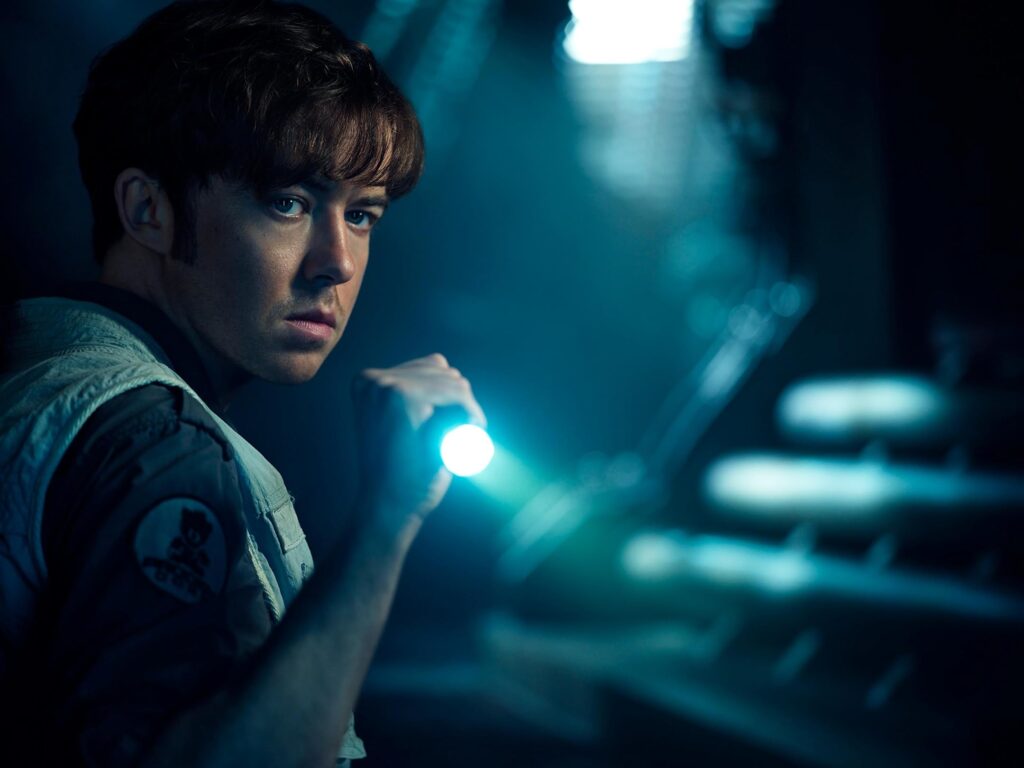
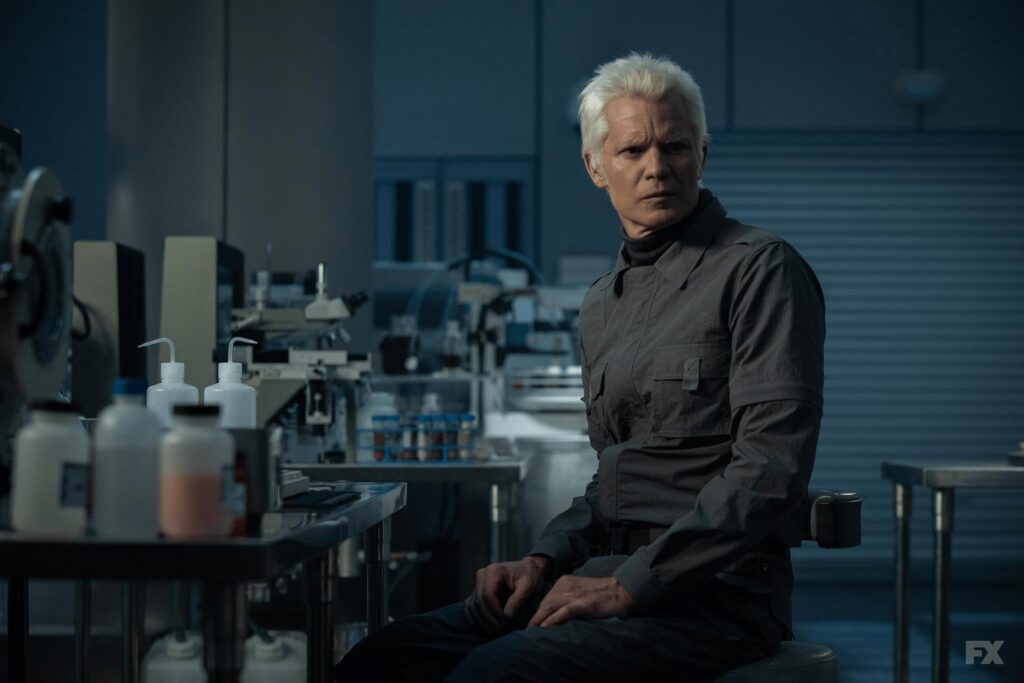
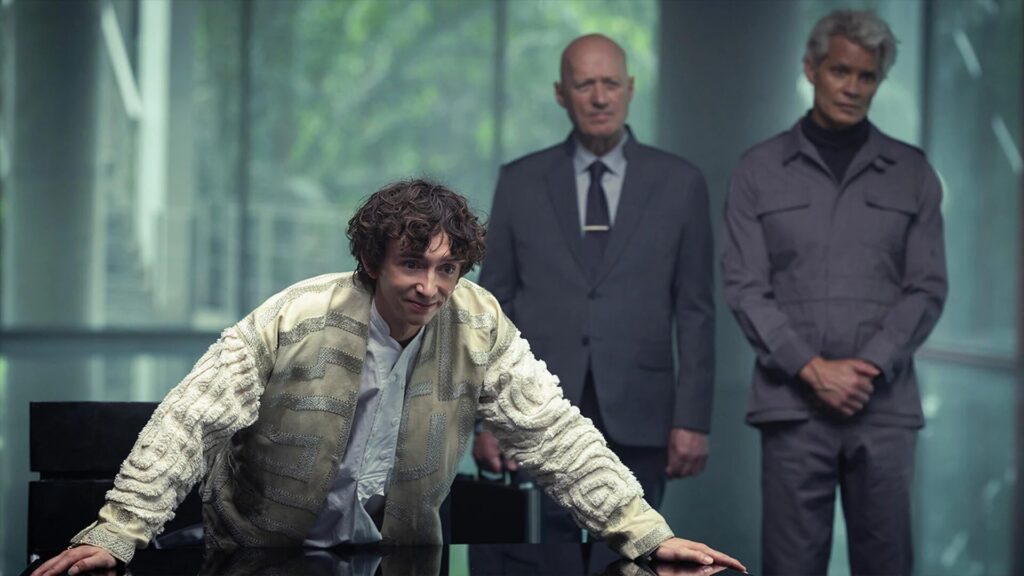
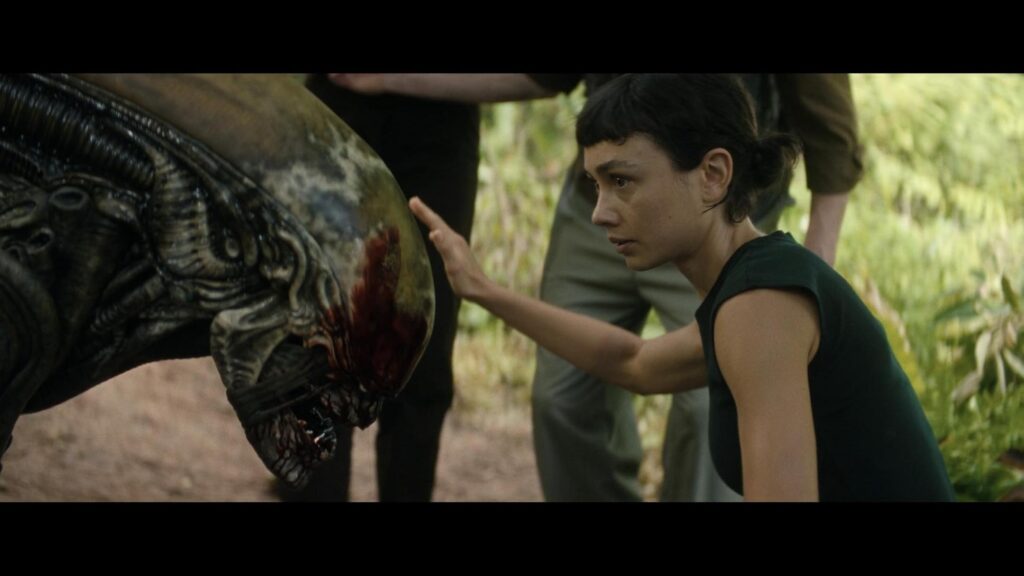
Alien: Earth doesn’t chase nostalgia – it stares it down. It dares to move the nightmare onto our doorstep and asks if we’re still ready to look away.
It’s slower, yes. Stranger, yes. But it’s also smarter – a meditation on progress and punishment, on how we became the very thing we feared.
When the credits roll and the screen fades to black, one truth lingers: the alien was never just a creature from the stars. It was a reflection in the mirror. And now, finally, it’s home.
